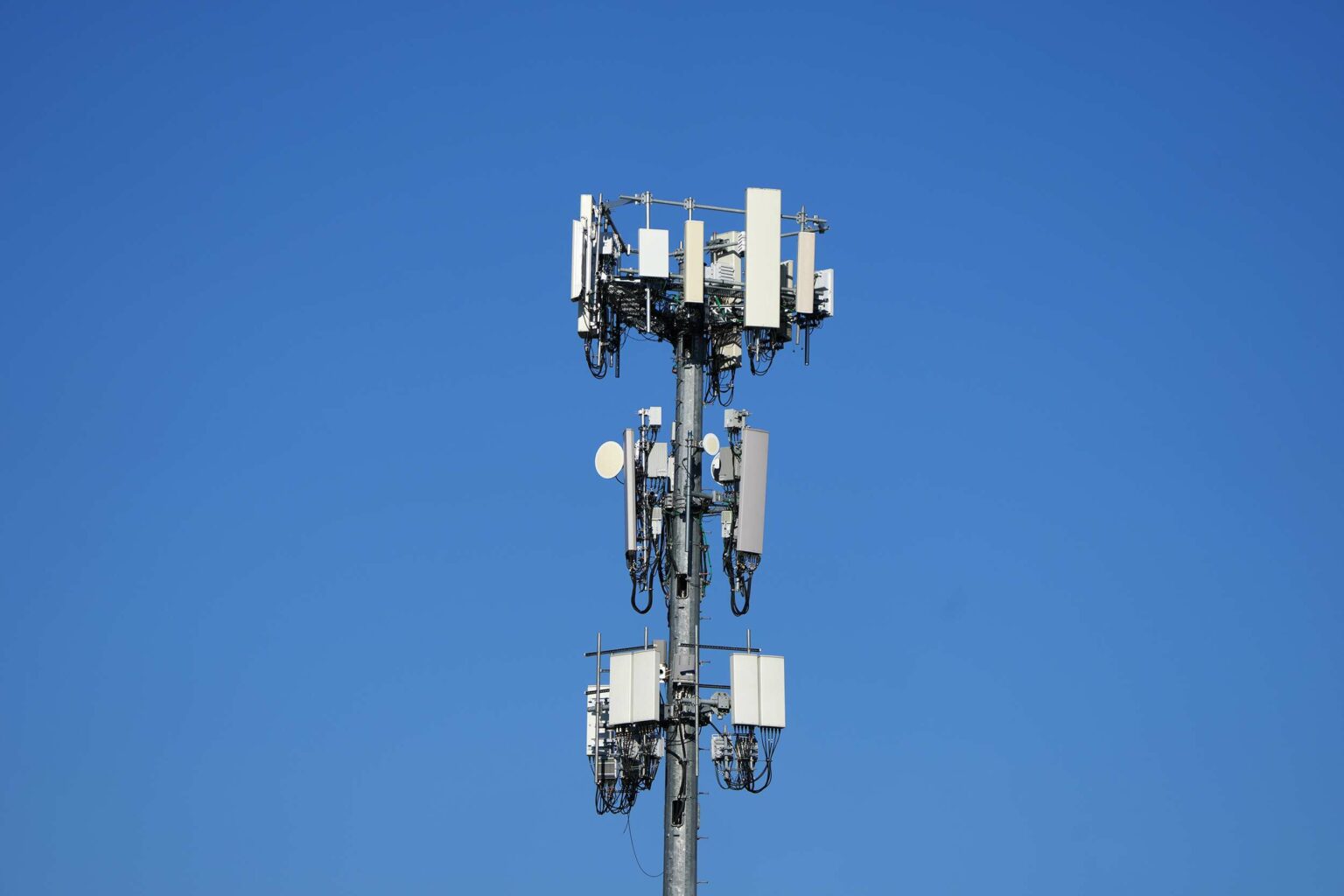Satellite operator OneWeb has warned that plans to deploy a 5G terrestrial network could interfere with the use of broadband satellite Internet. The dispute over this has been going on for several weeks.

OneWeb Statement
On July 11, the satellite operator OneWeb sent a letter to the US Federal Communications Commission. In it, he cited the results of his technical expertise of the consequences of using 12 GHz frequency in 5G networks. They warn the regulatory body about possible interference to establish broadband communication with devices in low Earth orbit.
According to the company’s representatives, serious problems may arise for all users of NGSO terminals. Devices of this type are now used by OneWeb and their main competitors with SpaceX to provide their customers with satellite communications. They recently signed an agreement on the civilized distribution of the market in the United States and are now acting as allies in the fight against 5G ground operators.
On the other side is the so-called 5G Coalition. It includes two powerful terrestrial communication operators Dish Network and RS Access. They are expanding their networks across the United States and have already received permission to use the 12.2-12.7 GHz band. The problem is that it partially overlaps the 10.7-12.7 GHz operating band used by OneWeb and SpaceX.
History of the confrontation
The current round of disputes began with the fact that RKF Engineering Solutions performed an analysis for RS Access, in which it showed that if the system was put into operation, only 1 percent of SpaceX terminal users in the United States would feel obstacles in their work and proposed measures to mitigate the problem.
However, on June 21, SpaceX engineers said that according to their calculations, 77 percent of their users may actually have problems. They drew attention to the many inaccuracies contained in the analysis of RKF Engineering Solutions and the fact that it completely ignored the fact of the distribution of the range between several operators.

The response from the 5G Coalition came on July 7. Its representatives called SpaceX’s conclusions incorrect from a scientific and logical point of view. They said that the test results obtained by Elon Musk’s engineers cannot be distributed to the whole country.
How will the struggle for 5G end?
OneWeb’s current statements, in the person of its representative Katie Dowd and Vice President of deployment Kimberly Baum, are essentially accusations of impiety made in response. Representatives of satellite operators assure that communication problems will occur in most cases.
Both sides constantly find mistakes and perversion in the analysis of opponents. At the same time, it is important to note that SpaceX already provides its services, while OneWeb only plans to cover the United States with its low-orbit Internet. Therefore, the number of potential users and their distribution remain unknown.
And that’s what the Dish Network and RS-access play on. They are trying to convince the Federal Communications Commission that there will be a geographical redistribution of frequencies, and there will be no significant conflicts. How this confrontation will end is still unclear.
According to spacenews.com
Follow us on Twitter to get the most interesting space news in time
https://twitter.com/ust_magazine
